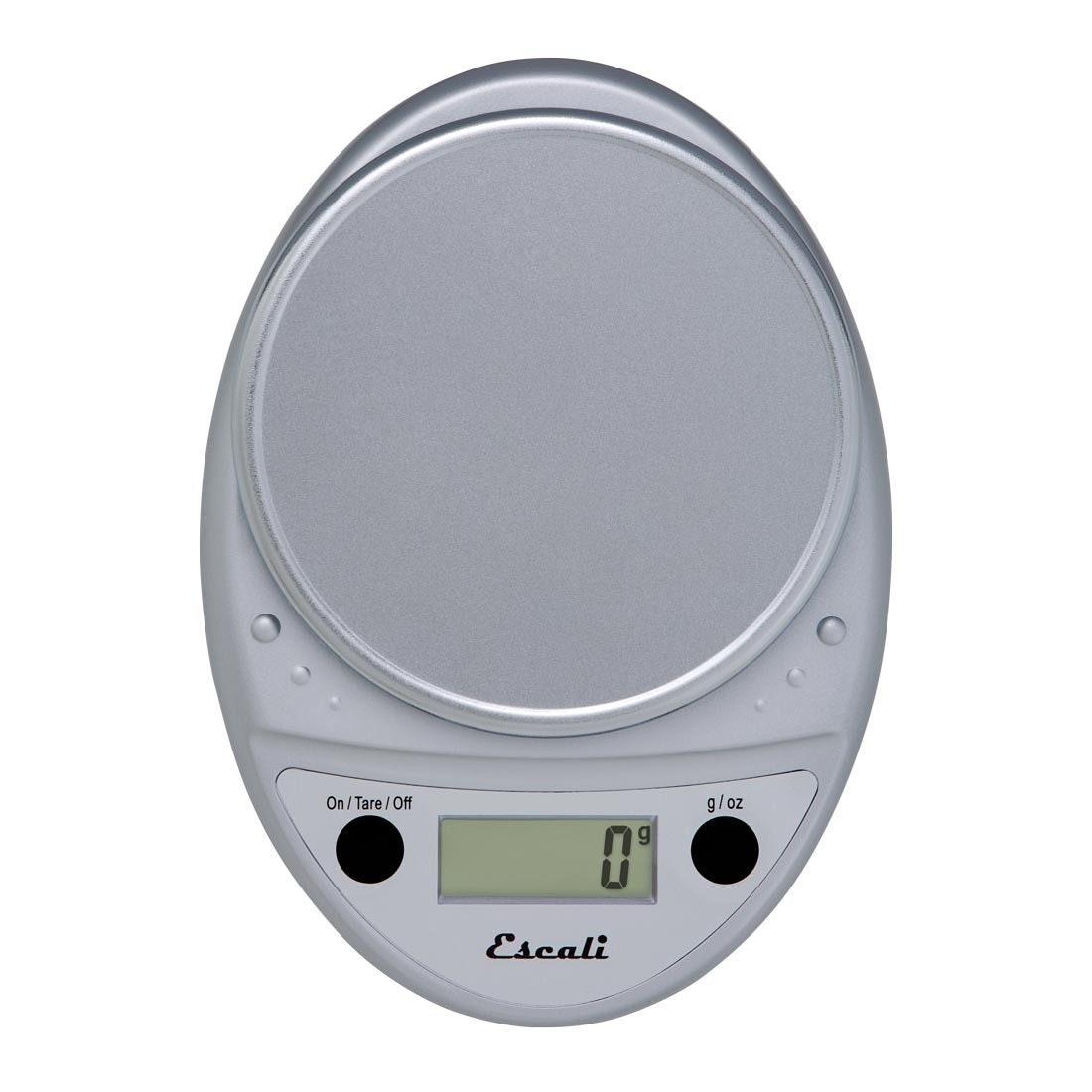When you’re trying to eat healthy, a food scale can be a great tool to have. It allows you to weigh your food and determine proper portion sizes (a 3-ounce piece of steak is smaller than you might think).
But there’s so much more a food (or kitchen) scale can be used for. In fact, they are one of the simplest ways to up your cooking and baking game and save time on cleanup. Plus, they can help you eat a little healthier without making big changes to your menu or favorite recipes.
Here are three reasons you need one of these small-but-mighty kitchen tools, plus the best food scales to consider for your own kitchen, according to experts.
Dry cookies or floppy pizza crust is a serious letdown, especially when you put in the effort in to make them from scratch. Weighing your ingredients with a scale is more accurate than measuring them with a cup or spoon—so you’re less likely to end up with sad, not-quite-right baked goods.

“A pound will always weigh a pound, whereas a cup of flour may yield different results based on the measuring cup and the cook,” says Michael Laiskonis, creative director and pastry chef at the Institute of Culinary Education. When you know you’re using the exact amount that a recipe calls for, you’ll get the most delicious results every time.
And the benefits go beyond baking, Laiskonis says. It can be equally tough to eyeball four ounces of mushrooms or half a pound of ground turkey, for instance. But getting the amount just right keeps the proportions of ingredients in your recipe in check. So you end up with, say, the right ratio of veggies to sauce or perfectly seasoned meat.
A food scale with a single bowl on top of it can replace most of your measuring cups and spoons, Laiskonis points out. And that can help you avoid a sink full of utensils that need washing when you’re finished cooking.
Most of us are really good at underestimating how much we eat—especially when it comes to rich, calorie-dense fare, research shows. (That mac and cheese? I only took a scoop!) But over time, those extra calories can add up to pounds gained.
A kitchen scale can help you get a better sense for what right-sized portions actually look like, which is helpful even if weight loss is not your main goal, says Lisa R. Young, Ph.D., R.D.N., author of The Portion Teller Plan.
And you don’t have to use the scale at every meal—or even every day. “Eyeballing portions is great when you’re eating out or in a rush. But it’s a good idea to back it up with a scale on occasion so you have a better idea of how much food is going on your plate,” Young says.
Ready to weigh in? Most kitchen scales are relatively inexpensive and easy to use (yay!). But these picks are particularly great, according to our experts and rave online reviews.
